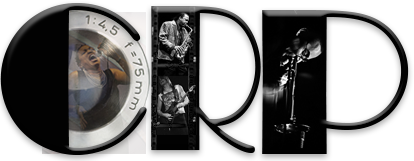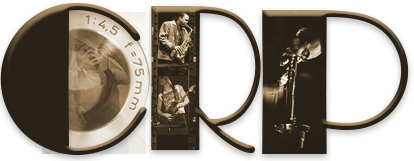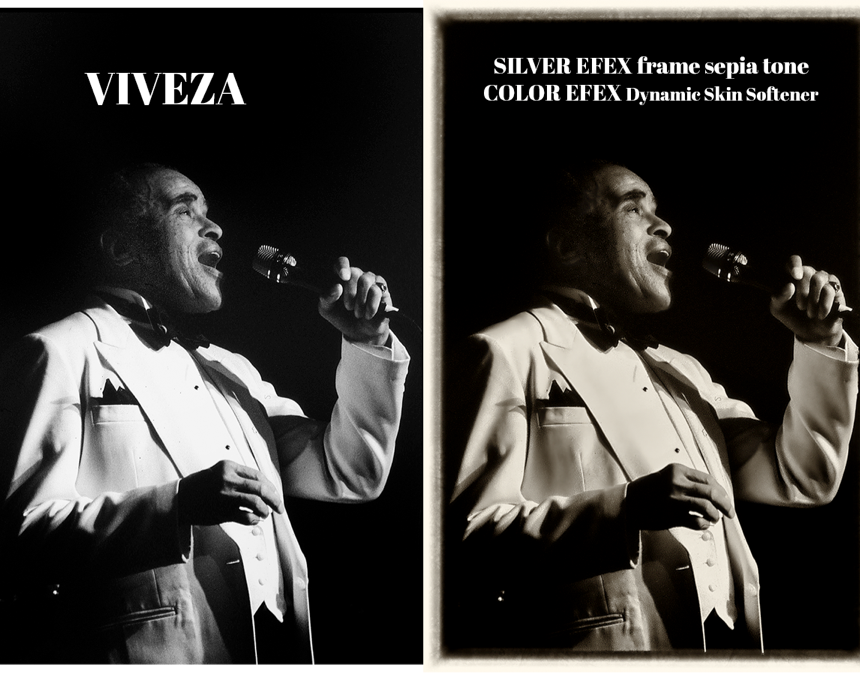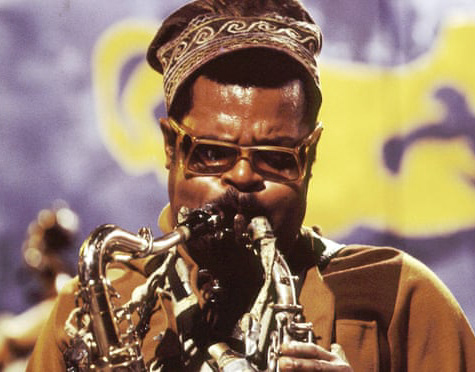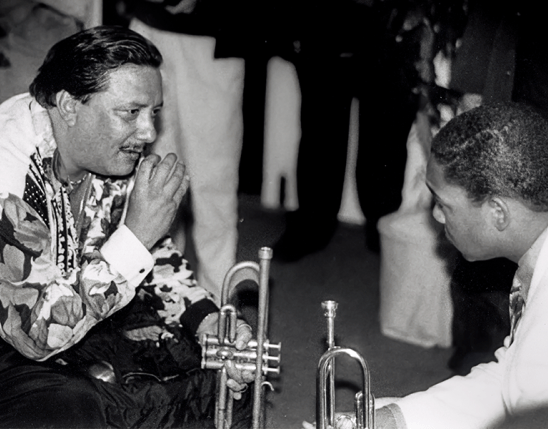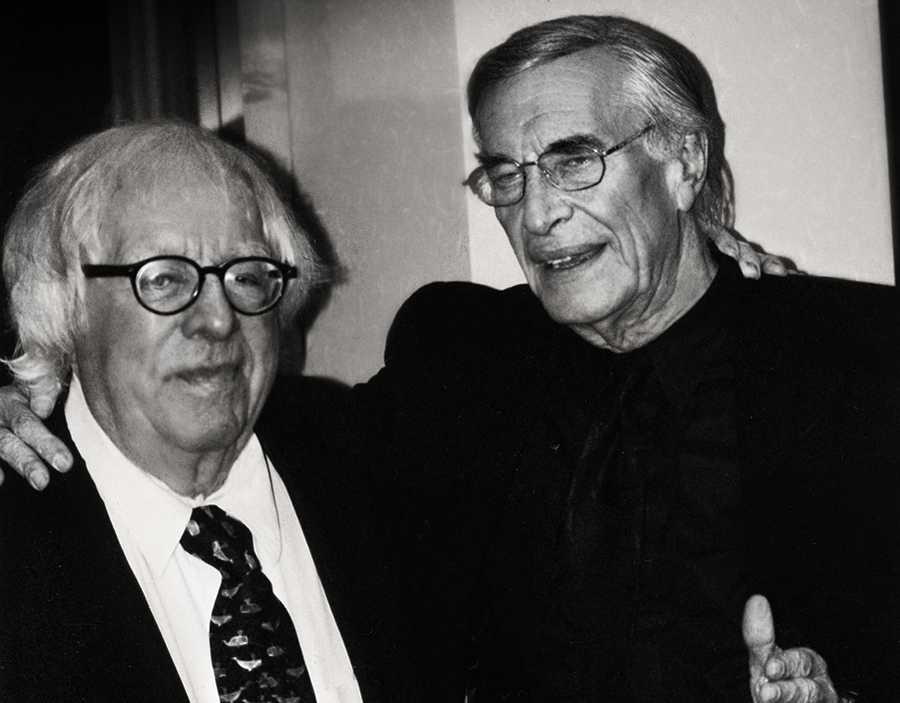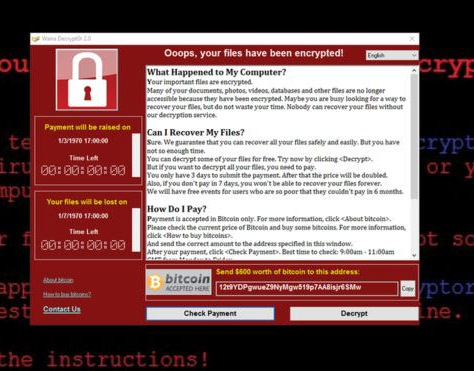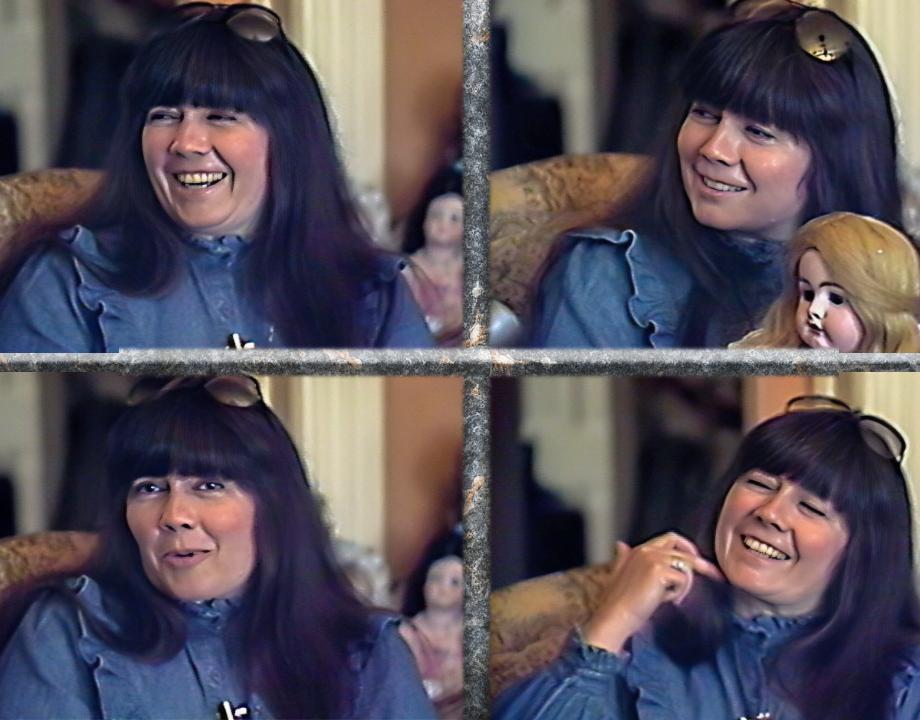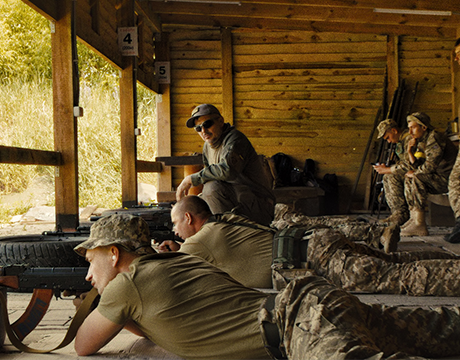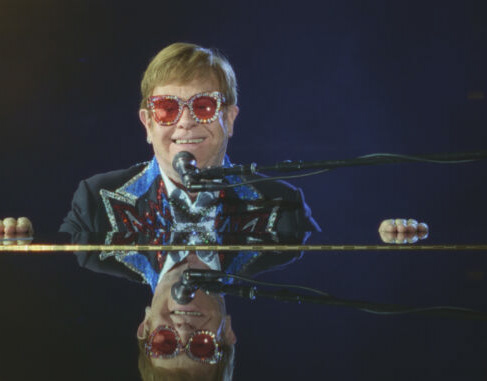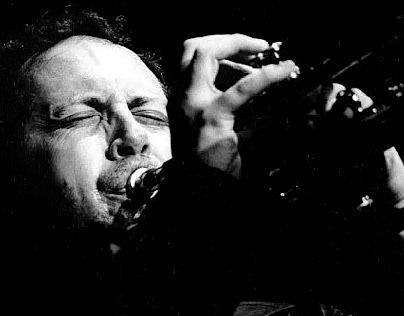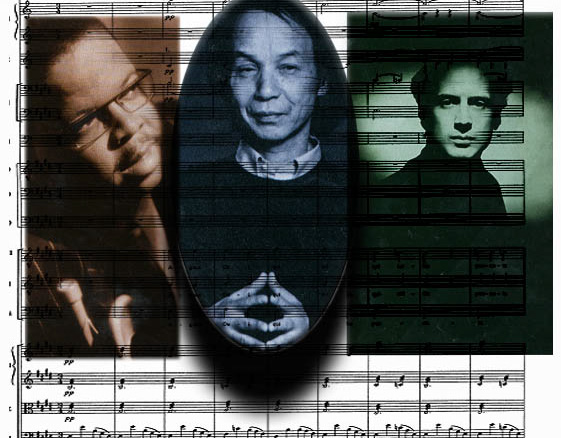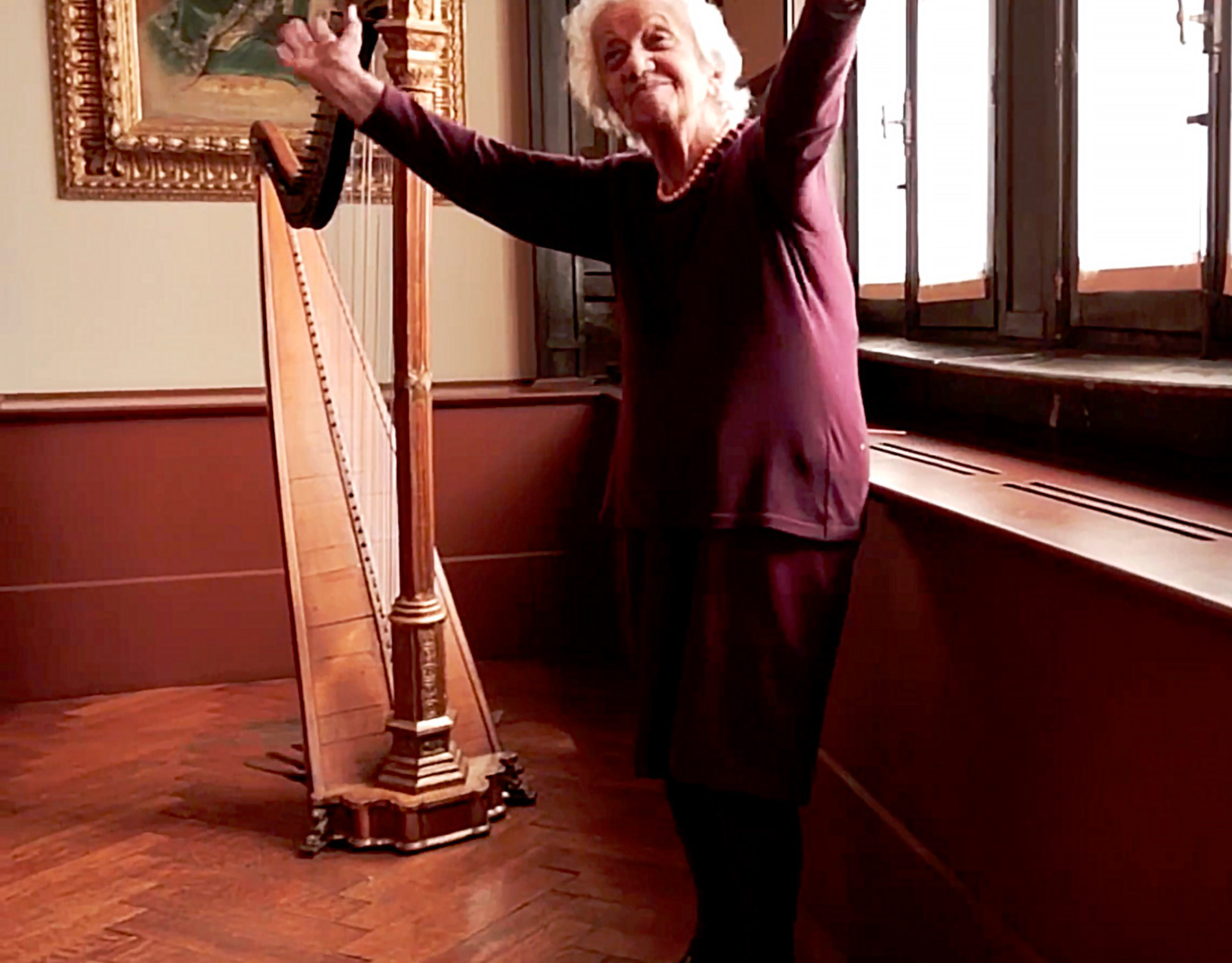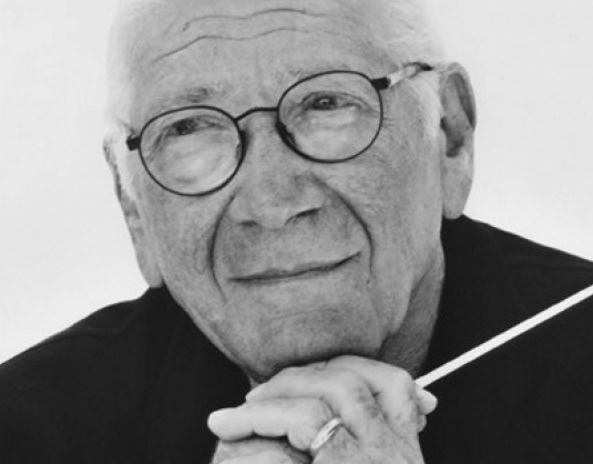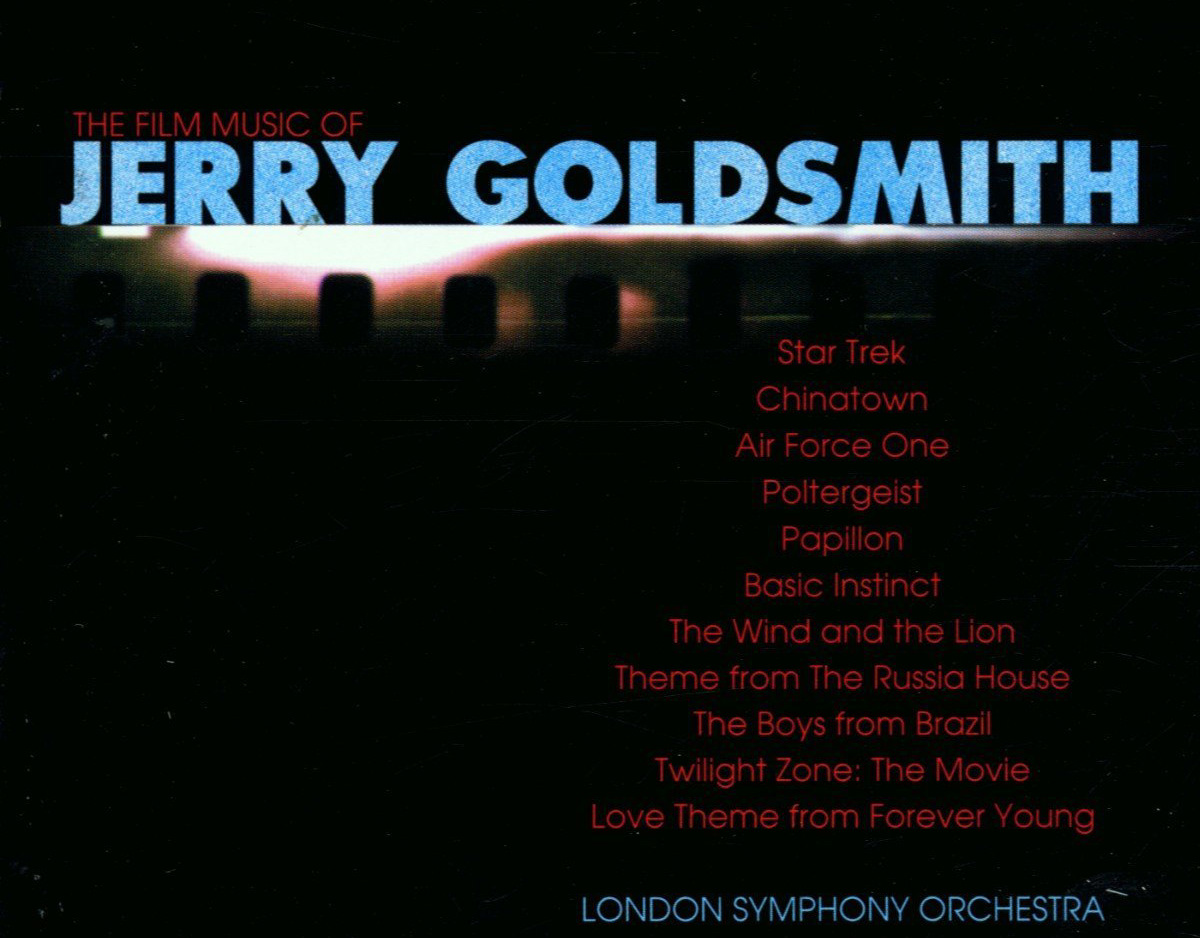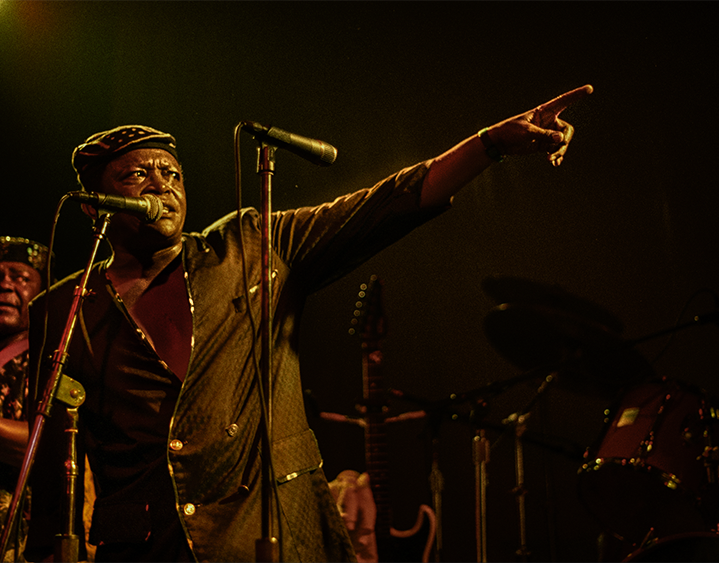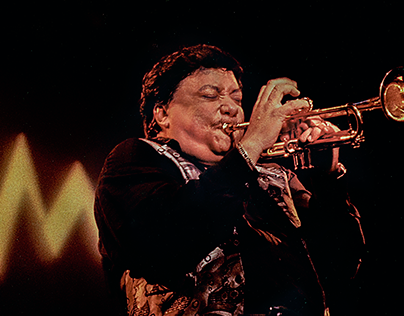Cinemagic
Article by Bob Hershon
alternate version published in Jazziz
directors cut version
The theme for Mission Impossible is a perfect example of how well composer-pianist Lalo Schifrin’s (Cool Hand Luke,Bullitt,Dirty Harry) multiple musical personalities blend. "The salsa feel, the clave and bongos which refer to my Latin background in the theme are combined this with a five/four boogie woogie," Schifirin pointed out. Lalo even managed homage to a former teacher and twentieth century classical giant, Olivier Messiaen, by employing one of Messiaen’s modal cycles in the secondary theme of Mission Impossible.
"I studied with Messiaen who strongly disapproved of my nightlife as a jazz pianist in Chet Baker’s band," Lalo reminisced. Unsure of Chet Baker’s reliability as a long term employer, Schifrin took a break from his studies to return Home to in Argentina where his father was employed as the concert master at The Teatro Colon. It was as a youth, at this national center for opera, Lalo absorbed his knack for composing for movies. "Listening to Lucia was like watching Friday the Thirteenth." Before leaving for Hollywood in 1960, he had already won the Argentine equivalent of the Academy Award for film composition.
During this well timed break from his studies in 1956, he met Dizzy Gillespie ("Though I had many great teachers, he was my only master"), who recognized his talent for composition and invited him back to the states where he was thrown directly into the frying pan after showing Dizzy his sketches for Gillespiana.
"I had two weeks to write an unconventional chart for five saxes, four French horns, a tuba and a jazz quintet. My shock deepened when I found out Norman Granz would orchestrate it and I would be joining Clark Terry, Ernie Royal, Julius Watkins, Gunther Schuller in recording it for Verve and playing it live at Carnegie Hall."
Mission Impossible was only one of a string of 70 or so series he worked on that included Mannix, Ben Casey, The Equalizer and my favorite theme, Dr. Kildare. "The challenge of writing a TV theme is to create a unique and identifiable musical logo in a minute or a minute and a half," Lalo said. "In Medical Center, I blended the sound of a ambulance siren with the opening melody line to set it apart."
Equally prolific in composing for films like The Cincinnati Kid, Bullitt and The Competition, for which received Academy Award nomination, Lalo remains frustrated at being typecast by Hollywood as an action composer. "My very success was also my curse. They typecast you for what they think you do well. How many cars could I destroy, how many people could I kill? "
Within the genre there was always movies like Dirty Harry, which offer you a range of emotional color. My work on dramas like Clint Eastwood’s Beguiled and The Voyage of the Damned, for which I received an Oscar nomination, failed to change the perception of what I could do because the films weren’t commercially successful."
Fortunately this opinion isn’t shared in Europe, where Lalo Schifrin was given the honor of arranging, conducting and recording a concert in celebration 100-year anniversary of the Lumiere Brothers invention of the film process. Lalo just returned from Argentina where he and director Carlos Saura (Carmen) were scouting locations for his latest dance epic, Tango, which Lalo has been chosen to score.
The most active 63 year old you’ll ever meet, Lalo has kept busy and sane building a life outside of Hollywood; performing Gillespiana, composing, conducting and recording with opera stars Jose Carreras, Placido Domingo and Julia Migenes and combining his two great loves jazz and classical music on Firebird, a musical double entendre on which he intertwines the music of Igor Stravinsky and Bird (Charley Parker). "The Firebird was a chance for me to direct an audio movie, which covered the various periods in Parkers career (Parker with strings etc..) while exposing the common ground between the two innovators (Stravinsky and Parker)".
In addition to the rave reviews Elliot Goldenthal (Drugstore Cowboy,Final Fantasy, Frida), is receiving for his mammoth choral and orchestral work with cellist Yo Yo Ma, "Fire Water Paper" (Sony Classics), Elliot should also get special consideration around Oscar time for his exceptional work on Time To Kill and "Michael Collins" (Atlantic Classics), an epic tale about the famous Irish revolutionary by director Neil Jordan (Crying Game).
In the suspenseful Time To Kill, Elliot Goldenthal, like Bernard Hermann (Psycho) before him, is a master at using orchestration and odd harmonies to cover the emotional landscape of love and murder. Elliot’s training with Aaron Copland and John Corigliano (Altered States) prepared him for the task of film composing.
"Aaron Copland would sit down at the piano and play through his scores very slowly, stopping to explain any harmonic or rhythmic changes I inquired about. I had the good fortune to connect with John Corigliano, who was my "formal" instructor, at a time he was developing into a major composer."
The openness Corigliano (Hallucinations for Orchestra) encouraged in orchestration can be heard in Eliott’s score for Time To Kill, in which the spiritual "Precious Lord" collides with menacing string harmonies, as the Klu Klux Klan attempts to commit murder and mayhem on the righteous citizens of the town.
Goldenthal’s score for Michael Collins, covers a vast amount of musical territory, down shifting in one instant from an orchestra in full flight to irish pipes and penny whistles. Goldenthal shows his tender side, developing an elegant romantic waltz and an exceptionally rich orchestral backdrop for Sinead O’Connor’s vocals. Though he blends in Irish themes and instrumentation they color his unique orchestration rather than slavishly dominate it.
The Preisners Music featuring the Warsaw Symphony and Chorus, showcases some rare chestnuts that were either never recorded or are currently out of print. Zbignew Preisner (Aberdeen), one of the finest and most original film composers, was director Krzysztof Kieslowski’s (Red,Blue) main man. Included on the European Virgin release are themes from Kieslowski’s Dekalog 1,8 and 9, the choral from Eminent Domain, The Double Life of Veronika, At Play In The Fields Of The Lord, The Secret Garden, plus the finale from Red, which was one of the strongest soundtracks of 1995. An added plus is that the recording took place in an abandoned salt mine, turned church, which lies 400ft below ground and boasts the best acoustics in Europe.
Ryuichi Sakamoto’s CD 1996, features trio recordings (violin, piano and cello) that include Sakamoto’s original musical sketches for the movies Merry Christmas Mr. Lawrence, Bertolucci’s Last Emperor andThe Sheltering Sky as well as the main theme from Almovador’s High Heels. Ryuichi’s minimalist ethic, which dictated the instrumental format, also drew him to Bertolucci, as he pointed out.
"Before I worked with him I was drawn to the minimized manner in which he expressed himself in film. Along with perspective he is very passionate and pushing me to write "more emotional, more emotional", which was very good for my compositional style.
Ryuichi Sakamoto role as an actor in Last Emperor and Merry Christmas offers him a unique perspective as a composer. "Acting in films allowed me to get into the subject and the right mood before I wrote the music. Through working with Bertolucci I learned how he sees the film and deals with the frame, something which allowed me to better coordinate my composition with his vision".
Mark Isham
Photo by Bob Hershon
